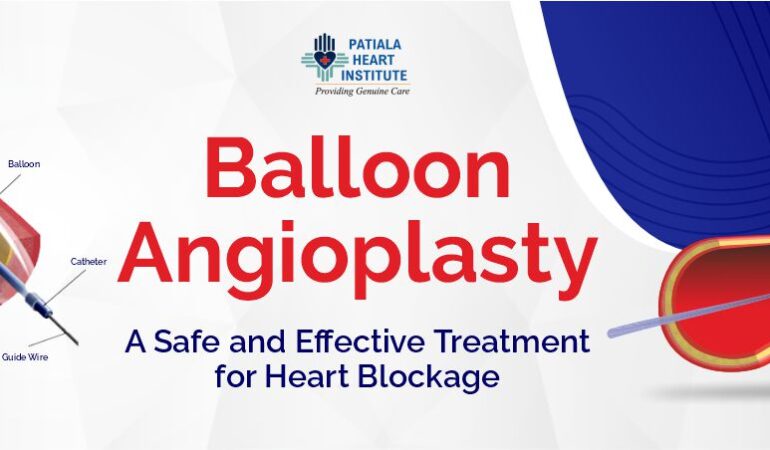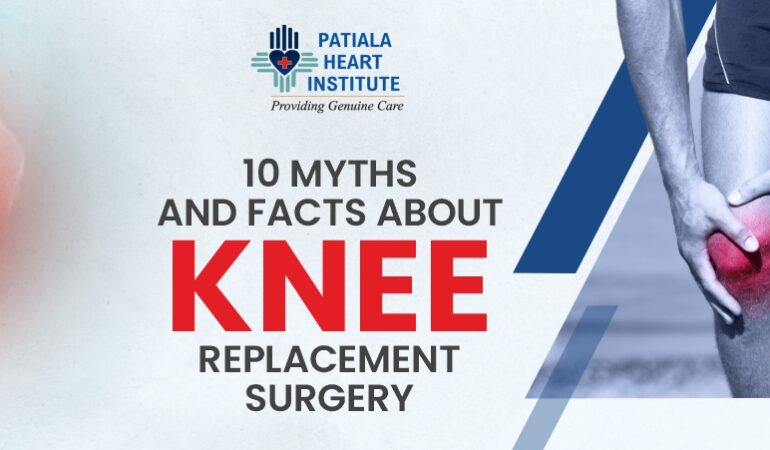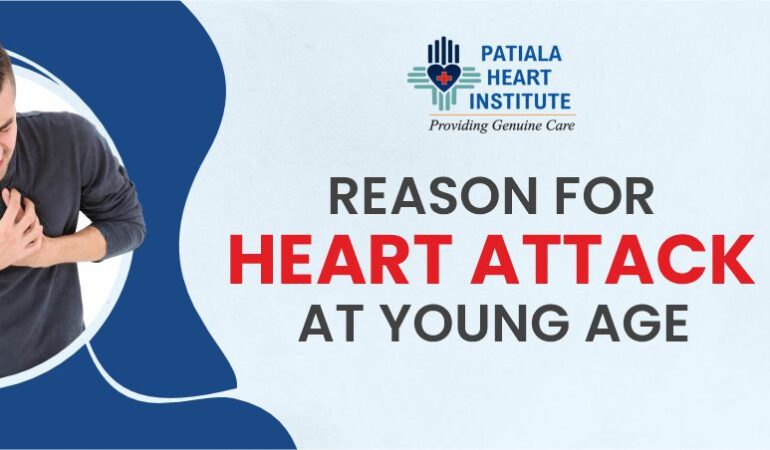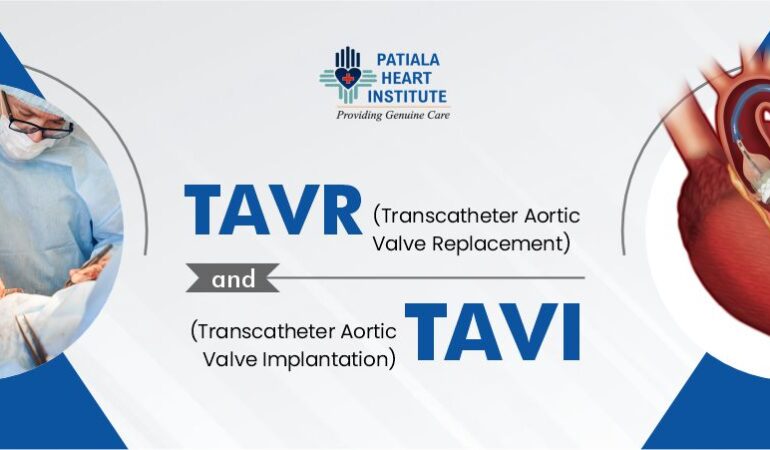Heart blockage is the leading cause of heart disease-related deaths in India, accounting for about 68% of all deaths due to cardiovascular diseases. Heart blockage is a serious health condition affecting people in India and worldwide. It is the most common cardiovascular disease resulting in narrowing or blockage of coronary arteries due to plaque build-up, …







